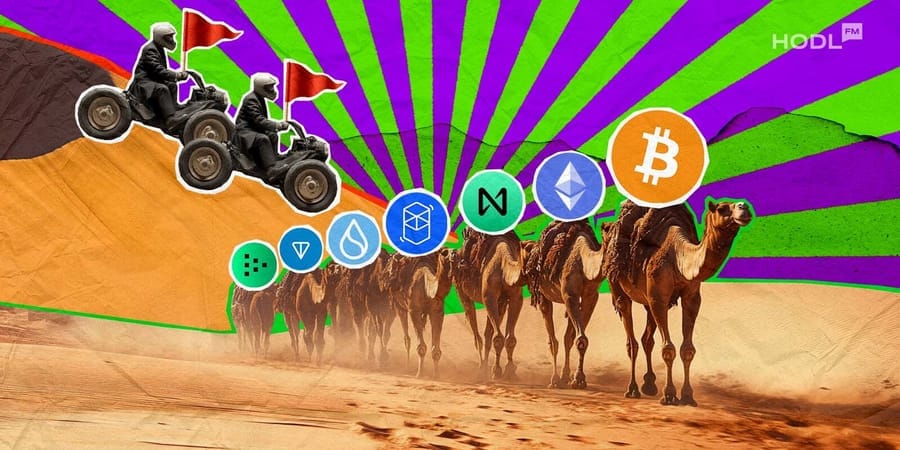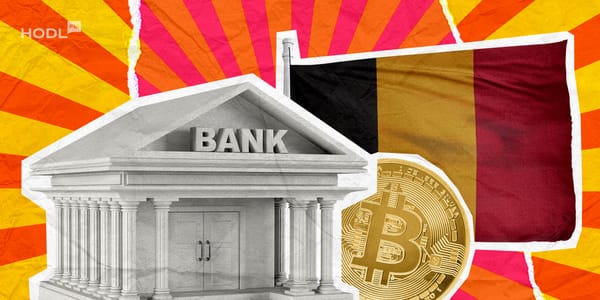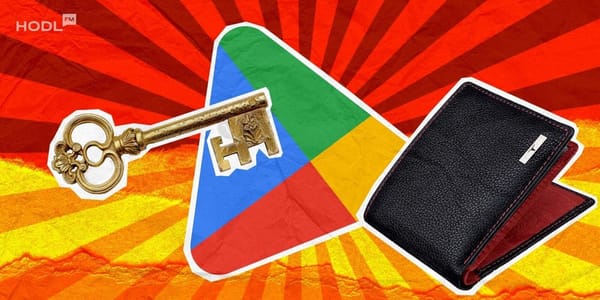The United Arab Emirates has conducted its first government financial transaction using the Digital Dirham, a test operation that forms part of the pilot stage of the country’s central‑bank digital‑currency project, according to local media outlet Media Office. The payment was completed by the Ministry of Finance and Dubai Finance (DOF) in coordination with the Central Bank of the UAE.
Integration across national financial systems
The Digital Dirham initiative operates under the Central Bank’s Financial Infrastructure Transformation (FIT) Programme and is designed to support the use of digital‑currency technology in public‑sector settlements. The trial connected federal and local government systems to verify technical and operational readiness.
His Highness Sheikh Mansour bin Zayed Al Nahyan, Vice President, Deputy Prime Minister, Chairman of the Presidential Court and Chairman of the Central Bank of the UAE, said the transaction shows the strength of coordination between national finance platforms and the infrastructure supporting stable government payments.
Focus on digital finance management
His Highness Sheikh Maktoum bin Mohammed bin Rashid Al Maktoum, First Deputy Ruler of Dubai, Deputy Prime Minister and Minister of Finance, said the Ministry aims to apply digital‑currency technologies to improve transparency and efficiency in public‑finance management. He added that standardised digital payment tools can simplify reconciliation processes for federal and emirate‑level entities in his X post.
Today, Ministry of Finance & Dubai Finance marked a pivotal milestone in the history of government financial transformation in the UAE, as we executed the first government transaction using the Digital Dirham issued by the Central Bank of the UAE, representing the future of the… pic.twitter.com/gYRiTC1Euh
— Maktoum Bin Mohammed (@MaktoumMohammed) November 11, 2025
His Excellency Mohammed Hadi Al Husseini, Minister of State for Financial Affairs, said the pilot expands practical testing of central‑bank digital‑currency functions.
“The first Digital Dirham government transaction demonstrates how the technology can streamline financial operations between institutions,” he said.
Technical testing through the mBridge platform
The transfer was executed via the mBridge payments platform, which links the Central Bank’s CBDC system to government accounts.
Ahmed Ali Meftah, Executive Director of the Central Accounts Sector at DOF, said the test assessed end‑to‑end connectivity between payment systems and settlement ledgers.
“The transaction finished in less than two minutes, confirming readiness for faster settlement cycles between federal and local entities,” he said.
Next steps for the pilot programme
His Excellency Khaled Mohamed Balama, Governor of the Central Bank of the UAE, said the pilot will inform future stages of the Digital Dirham rollout and contribute to strengthening payment‑system resilience. The Central Bank plans phased implementation beginning with payment‑related uses, followed by expanded interoperability once testing metrics are complete.
His Excellency Abdulrahman Saleh Al Saleh, Director General of DOF and Vice Chairman of the Central Bank, said the exercise confirms that the underlying digital infrastructure can support coordinated settlement across multiple government entities.
Building the foundation for broader adoption
The mBridge platform is designed for secure and traceable government payments using central‑bank digital currency. It allows issuance, receipt and clearing of transactions directly on the central‑bank ledger, reducing reliance on intermediaries and improving audit accuracy.
The Digital Dirham pilot continues through 2026, with further tests planned to evaluate performance, scalability, and integration with existing treasury systems.

Disclaimer: All materials on this site are for informational purposes only. None of the material should be interpreted as investment advice. Please note that despite the nature of much of the material created and hosted on this website, HODL FM is not a financial reference resource, and the opinions of authors and other contributors are their own and should not be taken as financial advice. If you require advice. HODL FM strongly recommends contacting a qualified industry professional.





